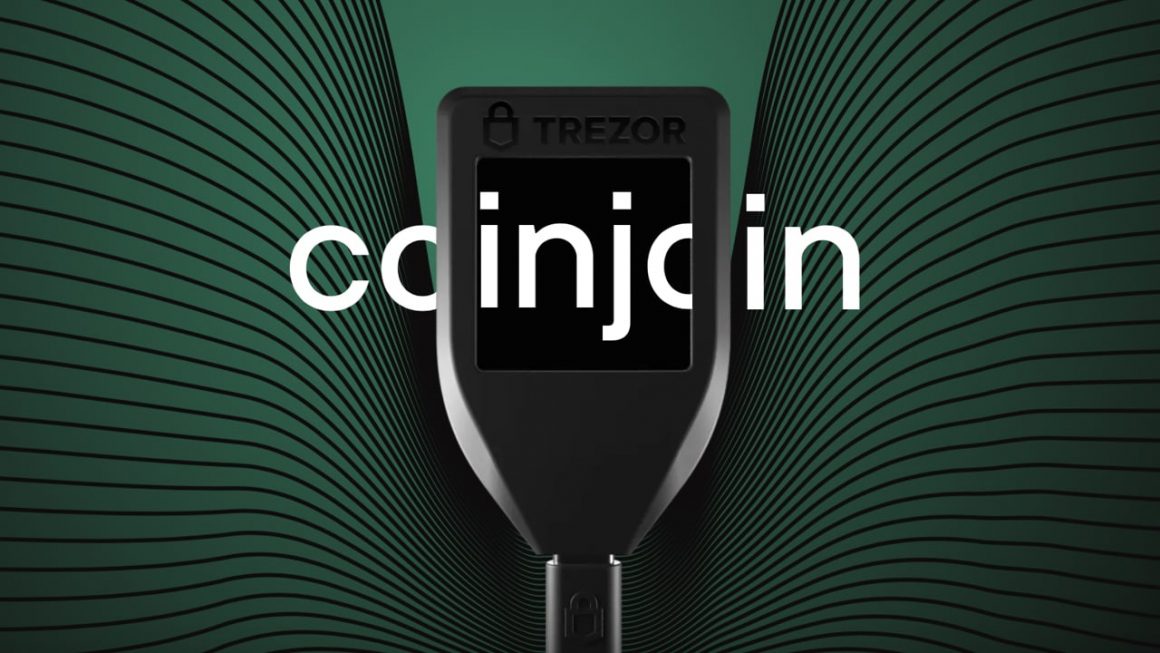Owners of the Trezor T model can now use the Coinjoin feature to protect their privacy, according to crypto hardware wallet maker Trezor. Trezor announced seven months ago that the Coinjoin feature would be coming to its hardware wallets, and the feature was unveiled on April 19.
Trezor adds Coinjoin to its software suite
Owners of Trezor T modelscan use the newCoinjoin service added to the terminal’s features on Wednesday.Trezor announced the launch of the Coinjoin feature in September 2022, after revealing a collaboration with the Wasabi wallet developer. Essentially, Coinjoin allows bitcoin users to obfuscate UTXO by mixing their funds with other users’ pools. This technology has been available since 2013, and several other blockchains use this method to mix UTXOs.
Hardware Wallet Coin Join
Scheduled to launch April 19, 2023 pic.twitter.com/cVilSYXBBO
– Trezor (@Trezor) is April 12, 2023
Use of Coinjoin in the Trezor T model is optional and requires activation of a Coinjoin account in the Trezor software suite Trezor utilizes the network Tor which enhances privacy while using the software Trezor recommends that users take advantage of the privacy-enhancing network Tor while using the software. In addition to the network fee, users must also pay a coordinator fee for the Coinjoin service; Trezor is not the only company using the Coinjoin service. Btcpay, an open-source bitcoin payment processor, announced a Coinjoin plugin for merchants at the end of February.
Btcpay is also working with Wasabi developers to allow merchants who activate the plugin to mix UTXO with other bitcoin transactions. Currently, Trezor’s Coinjoin feature is not available on the Trezor Model One, although the companysays it is being tested on older Trezor devices. However, not everyone is happy about Trezor’s new rollout because of the controversy associated with Wasabi’s Coinjoin process. This debate continues inand. Trezor’s announcement, adding criticismto the company’s newly added privacy features.
there seems to bespeculationthat blockchain analytics firm Chainalysis is tracking Zksnacks’ Coinjoin coordinator; of Trezor’s comments about the Coinjoin feature and UTXO being used for “malicious activity” Screenshotshave beencriticizedfor allegedly being inconsistent with privacy. Academic researchhas shown that clustering bitcoin addresses and mapping them to user identifiers can de-anonymize Coinjoin transactions. There are also criticismsthat Coinjoin’s coordinators and mixing services are untrustworthy and could de-anonymize users
Image credit: Shutterstock, Pixabay, Wiki Commons

